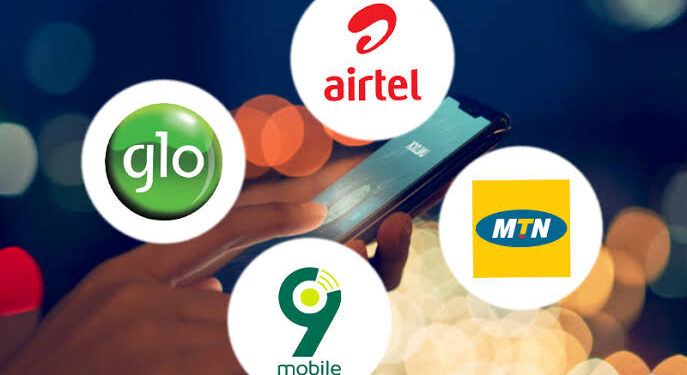The Socio-Economic Rights and Accountability Project (SERAP) has filed legal action against the Federal Government and the Nigerian Communications Commission (NCC) in reaction to the recent 50% rise in telephone charges.
A one-minute call now costs N16.5 instead of N11, 1GB of data now costs N431.25, and SMS charges have gone from N4 to N6 due to the NCC’s change.
According to SERAP’s case, filed at the Federal High Court in Abuja (Suit No. FHC/ABJ/CS/111/2025), the pricing increase is “arbitrary, unconstitutional, unlawful, unfair, and unreasonable.”
This organisation contends that this increase violates the Nigerian Constitution’s and international treaties’ guarantees of citizens’ freedom of expression and information access.
According to SERAP’s legal team, headed by Senior Advocate of Nigeria Ebun-Olu Adegboruwa, the NCC’s unilateral decision violates the Federal Competition and Consumer Protection Act of 2018 and disregards the legality principle, which requires due process, fairness, and reasonableness in the exercise of statutory powers.
The case emphasises how the tariff increase infringes on citizens’ rights to seek, receive, and disseminate information via communication freely.
The increase’s timing is especially troubling because it aligns with Nigeria’s persistent economic difficulties. According to a recent National Bureau of Statistics survey, 133 million Nigerians live in multidimensional poverty, with many finding it difficult to pay for basic needs.
SERAP emphasises that the rate increase makes already-existing problems worse, such as the elimination of fuel subsidies, increased energy costs, and skyrocketing food costs.
In its lawsuit, SERAP asks the court to rule that the tariff increase is unconstitutional and in violation of international human rights treaties.
In addition, the group is asking for an injunction to stop the increase’s implementation and to overturn the NCC’s ruling, calling it “extortive, unreasonable, and a breach of due process.”
Kolawole Oluwadare, Deputy Director of SERAP, emphasises the wider ramifications of the pricing increase by saying, “Access to communication is not a luxury; it is a fundamental right. The government and the NCC have a duty to ensure that telecommunication services remain affordable, especially for the millions of Nigerians living in poverty.”
The case, which might have a big impact on Nigerian telecom policy, has no scheduled hearing date. By Wednesday, January 29, 2025, subscriber groups have given the NCC a deadline to reverse the 50% pricing increase to 10%.











